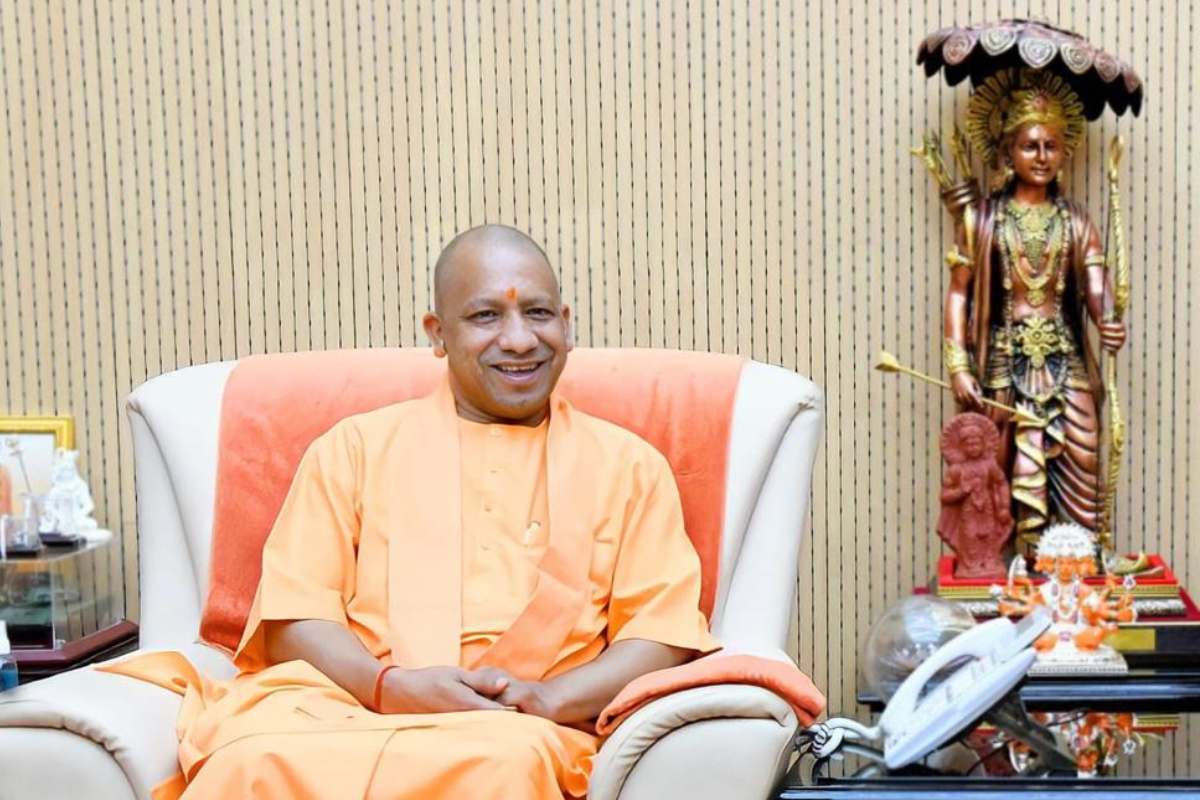The Supreme Court on Friday dismissed a petition against the Uttar Pradesh government’s decision to deny sanction to prosecute chief minister Yogi Adityanath in an alleged 2007 hate speech case.
In his petition, Parvez Parwaz challenged the Allahabad High Court’s decision to uphold the government’s decision of not giving permission to prosecute Yogi for allegedly making “anti-Muslim” remarks.
“We do not think it is necessary to go into the legal questions relating to grant of sanction. Consequently, the appeal is dismissed,” said a three-bench headed by outgoing Chief Justice of India, NV Ramana.
However, the bench said the question of law is open.
On Wednesday, the bench also comprising Justices Hima Kohli and CT Ravikumar had reserved its order after hearing arguments of Parwaz’s counsel Fuzzail Ayyubi and UP government’s counsel Mukul Rohatgi.
In his plea, petitioner Parwaz said that riots erupted in Gorakhpur after he made “anti-Muslim” remarks while addressing workers of his Hindu Yuva Vahini on January 27, 2007.
A case of hate speech was registered against Yogi, then a Member of Parliament (MP), at a police station in Gorakhpur. He was charged with relevant provisions of the Indian Penal Code (IPC) for promoting enmity between groups.
After coming to power in 2017, the Yogi government refused to grant sanction to prosecute the chief minister, a move criticized by political parties at that time.
Parwaz moved to the Allahabad High Court challenging the government move. When the high court upheld the decision in February 2018, he approached the apex court.
In its verdict, the high court said that it had not found any procedural error in the decision making process to deny sanction.
In its defence, the Uttar Pradesh government told the court that the CD of the recording of the alleged hate speech was found to be tampered with and fake in forensic testing.










